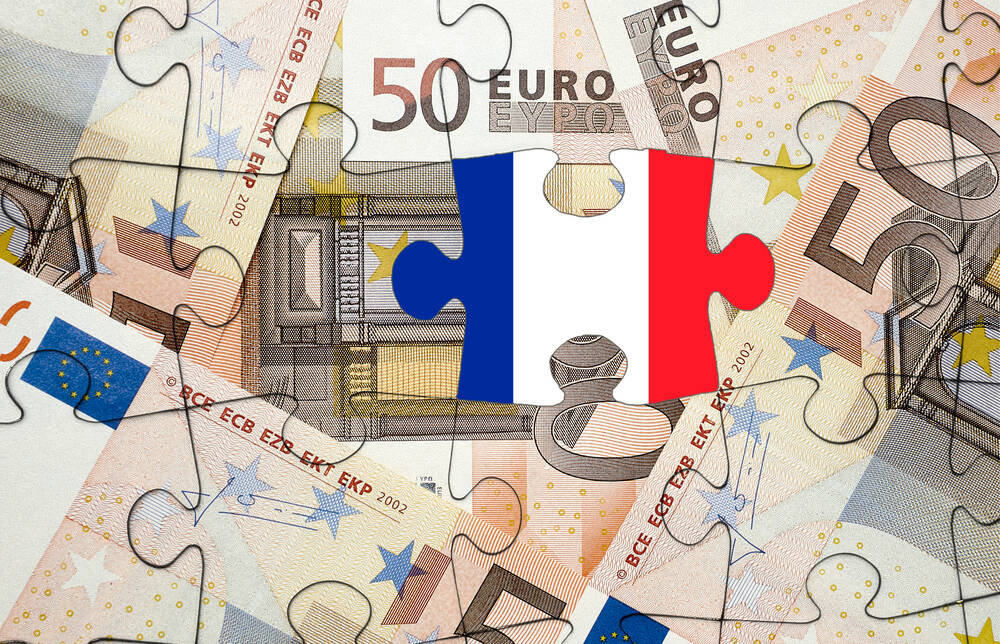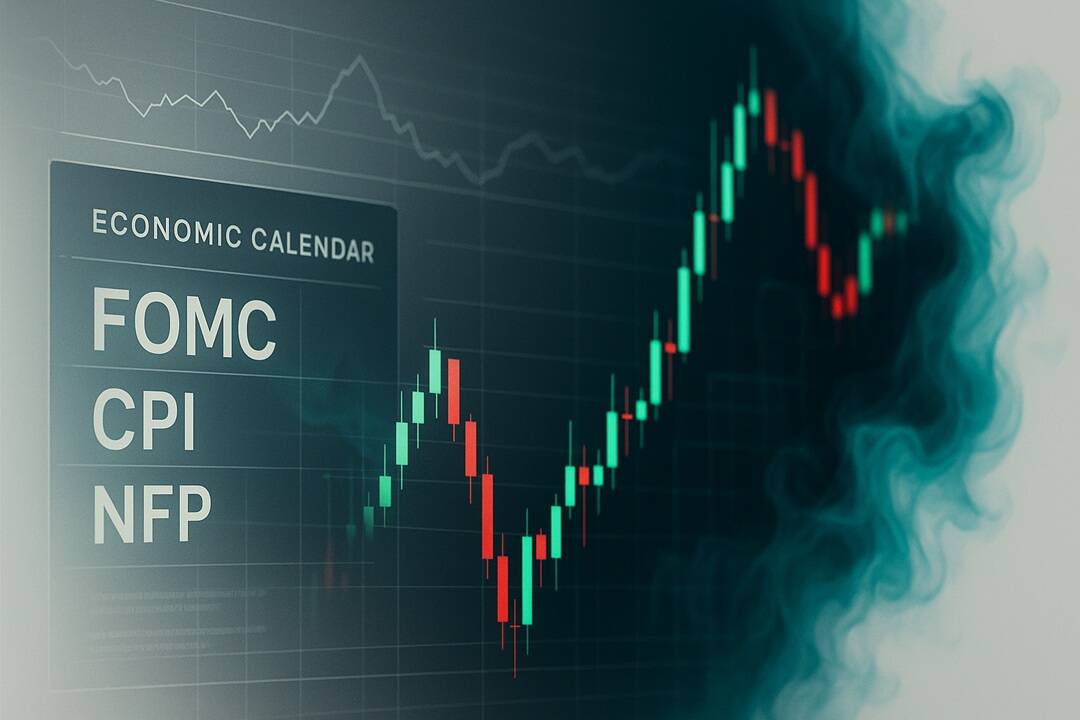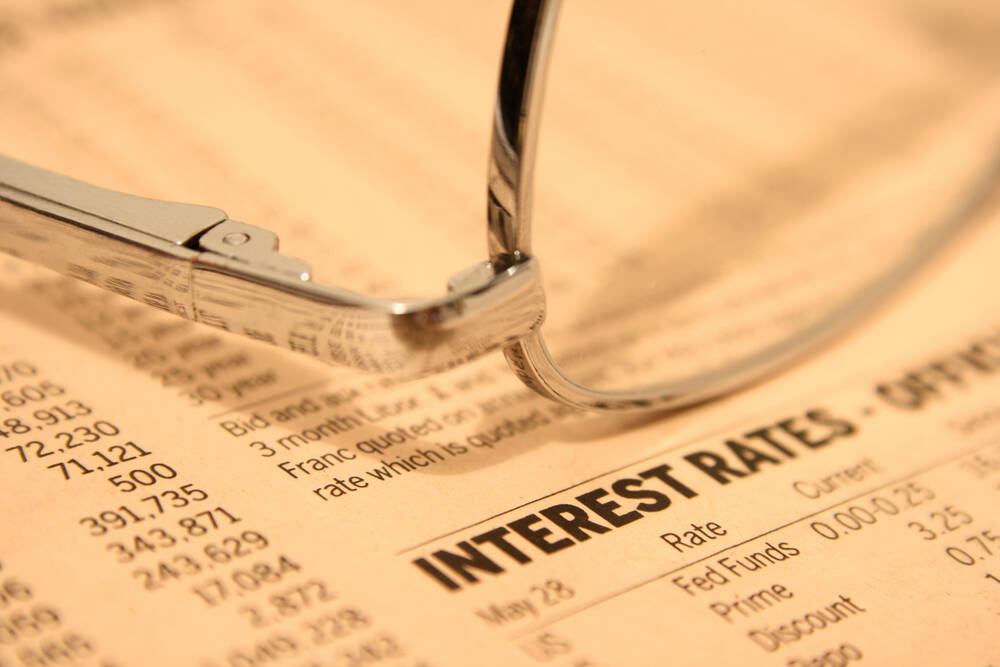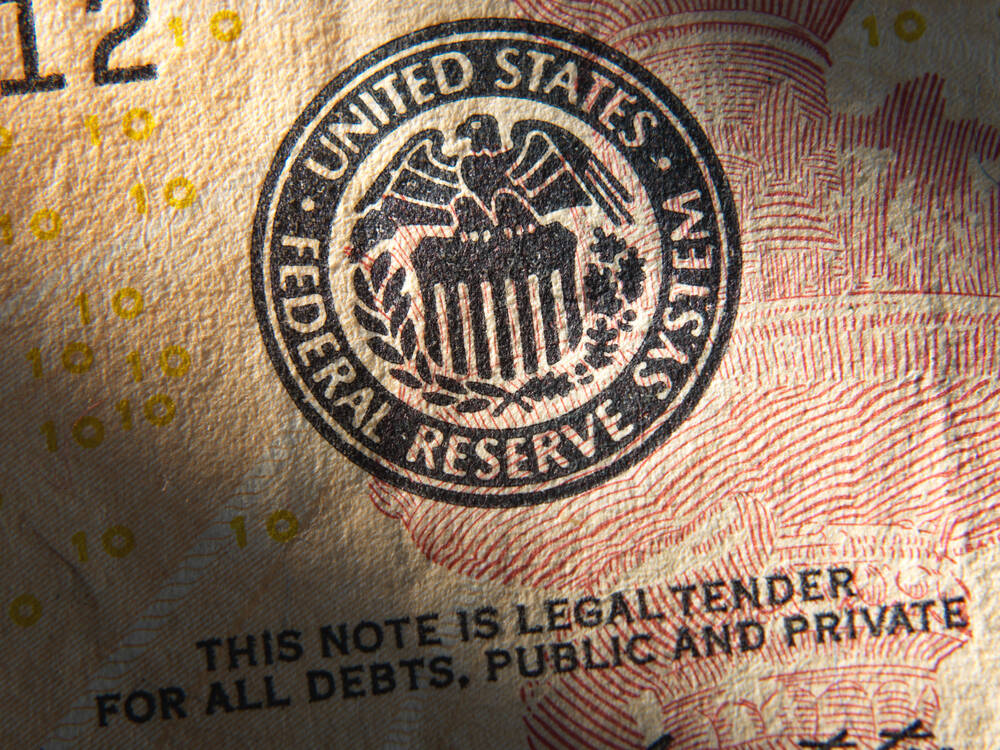Advertisement
Advertisement
Search Indicator:
Choose Country 
Brazil GDP Growth Rate
Last Release
Mar 31, 2025
Actual
1.4
Units In
%
Previous
-0.2
Frequency
Quarterly
Next Release
Mar 03, 2026
Time to Release
2 Months 26 Days 12 Hours
Highest | Lowest | Average | Date Range | Source |
7.8 Sep 2020 | -8.9 Jun 2020 | 0.55 % | 1996-2025 | N/A |
Brazil is the tenth largest economy in the world and the biggest in Latin America. The services sector is the most important and accounts for 63 percent to total GDP. The biggest segments within services are: government, defense, education and health (15 percent of total GDP); other services (15 percent); wholesale and retail trade (11 percent); real estate (8 percent); and financial services (7 percent). Also, industry contributes to 18 percent of GDP, with manufacturing (11 percent) and construction (4 percent) accounting for the largest share. The agriculture and livestock sector accounts for 5 percent of GDP. On the expenditure side, household consumption is the main component of GDP and accounts for 63 percent of its total use, followed by government expenditure (20 percent) and gross fixed capital formation (16 percent). Exports of goods and services account for 13 percent of GDP while imports account for 12 percent, adding 1 percent of total GDP.
Latest Updates
The Brazilian gross domestic product expanded by 0.1% from the previous quarter in the three months to September of 2025, slowing from the downwardly revised 0.3% growth rate in the second quarter, and missing market expectations of a 0.2% expansion. It was the slowest growth rate in two years, barring the 0.1% contraction from the fourth quarter of 2024. Private expenditure inched higher by 0.1%, reflecting some impact from stubborn inflation and the prolonged period of elevated real interest rates from the central bank. Meanwhile, government expenditure jumped 1.3%, while gross fixed capital formation jumped by 0.9%. In the meantime, exports rose by 3.3%, while imports rose a softer 0.3%.
Brazil GDP Growth Rate History
Last 12 readings







